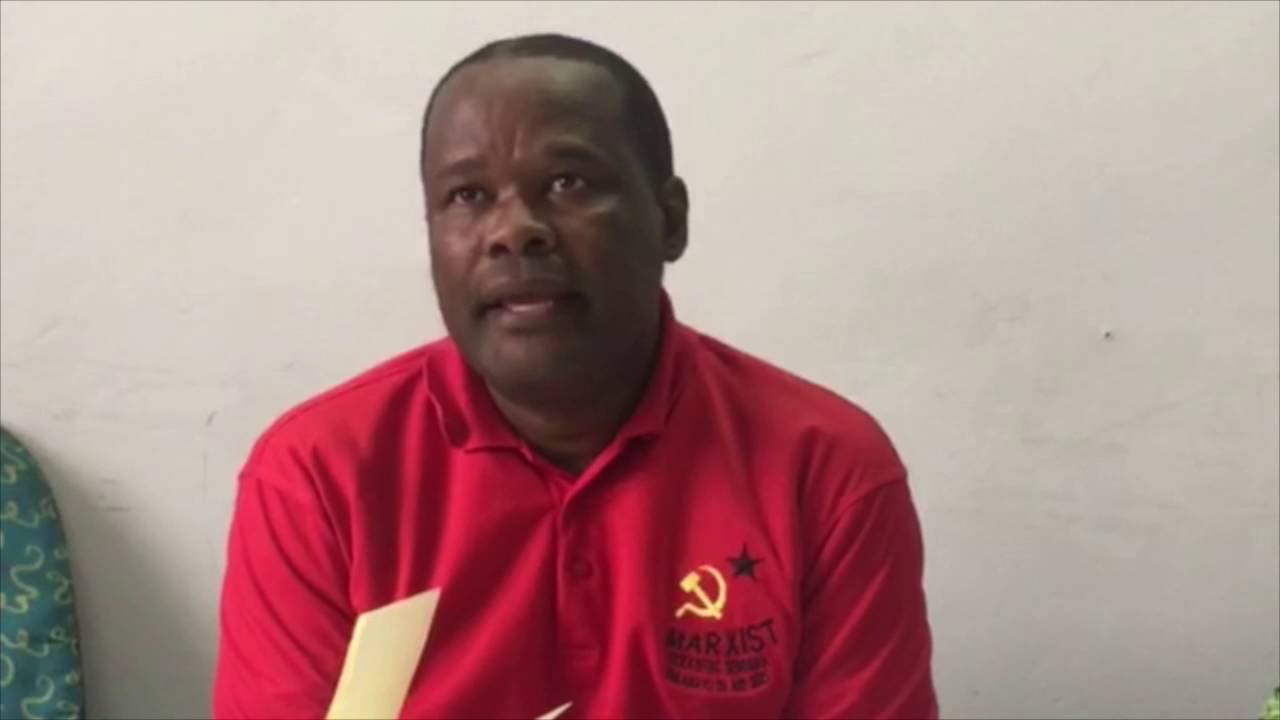The Zimbabwe Community in South Africa says they remain hopeful that the South African government might change its mind and extend the Zimbabwe Exemption Permits (ZEP).
The ZEPs had provided legal protection to some 180 000 Zimbabweans and allowed them to reside, work, and attend school there.
The initial grace period for ZEP holders was 12 months, ending in December 2022, during which they could apply for another kind of permit or leave the country.
In September last year, the South African government announced that it had extended the validity of the ZEPs to the end of June 2023.
Only about 6000 permit holders have applied to be moved to other permits.
The permits were first issued in 2010 under the Dispensation of Zimbabweans Project (ZDP).
The programme was renewed in 2014 as the Zimbabwe Special Permit (ZSP) before the ZEP was introduced in 2017.
Addressing the media in Pretoria last week, Zimbabwe’s Ambassador to South Africa David Hamadziripi said the government wants to assist citizens who voluntarily wish to return home before the expiry of their permits on 30 June.
Speaking on ‘This morning on Asakhe’, a CITE daily Twitter Spaces programme, the chairperson of the Zimbabwe Community in South Africa, Ngqabutho Nicholas Mabhena said they remain hopeful and driven by the faith that the South African government might change its mind.
“But if it does not happen it would not have happened and we encourage those that have properties in South Africa to avoid losing properties, in the event that you get deported or something happens that you take advantage of what the ambassador said that you register, indicate the property that you have, you take your property to Zimbabwe so that if by any chance you get arrested, you are not going to lose any property,” said Mabhena.
Mabhena also said they are hopeful that the Zimbabwean government will keep its promise in terms of ensuring that returning citizens will not be made to pay duty at the border
“The only positive from the interview by the ambassador is that those that want to go back to Zimbabwe who have properties, motor vehicles and other things that they need to declare that the government of Zimbabwe should assist so that they do not pay for duty but we do not think that government will be able to assist all those who will be in Zimbabwe to start a new life but in terms of ensuring that they do not pay duty we think that they can do as they have promised,” said Mabhena.
“In our view, the Zimbabwe government is not ready as we said previously to welcome back ZEP holders because as we know our economy collapsed, and the people that are going back to Zimbabwe are not going to be getting any jobs to sustain themselves.”
The permit holders are also pinning hopes on the South African High Court to rule in their favour after the Helen Suzman Foundation (HSF) challenged the non-renewal of the ZEPs.
The case will be heard in April.
Mabhena also added that the rise of narrow nationalism in South Africa may have led to the stance taken by the African National Congress (ANC) government.
“When the permit was introduced in 2010, renewed in 2014, and renewed in 2017 there was not much noise from the South Africans but we only saw now, particularly when the ANC also lost some key metros particularly in Johannesburg and in one of the statements that is the Johannesburg ANC leadership said that one of the reasons why they lost Johannesburg it was because of its weak position on the question of migration.
So we have individuals that believe or Institutions for that matter that believe that you can only grow the South African economy by chasing out migrants but what was missing in the public discourse is that you are talking of people that are documented, who are far less than people who are not documented,” he said.

